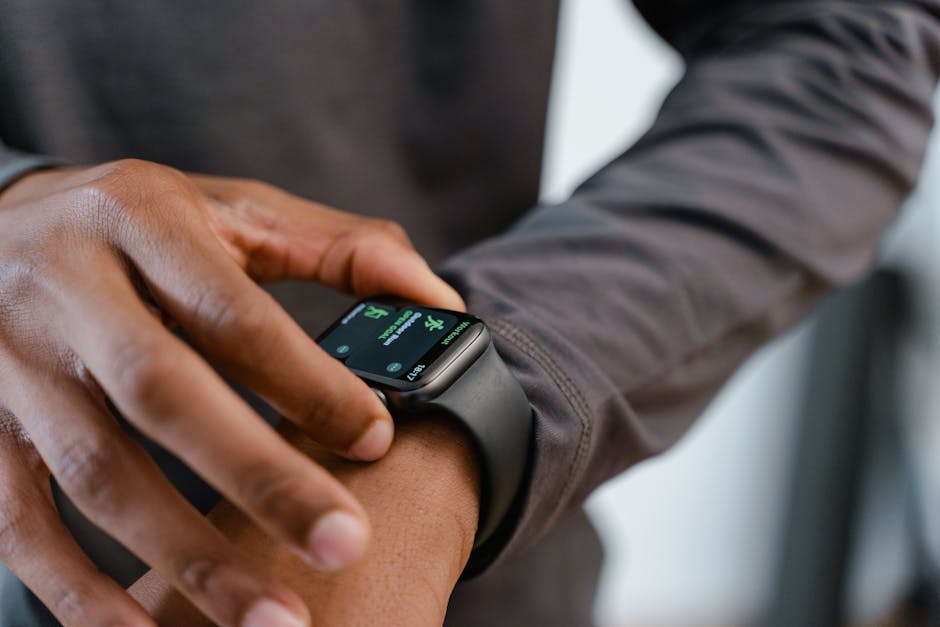One critical factor determining a tracker’s efficacy is its ability to provide actionable insights. While many trackers proficiently record steps, distance, calories burned, and sleep patterns, the value lies in how this data is interpreted and applied. A simple numerical display offers limited benefit. Truly beneficial trackers offer context-rich information, such as personalized activity suggestions based on individual goals, historical data analysis highlighting trends, and integrations with fitness apps that offer tailored training programs. For example, identifying periods of inactivity or sleep disruption, coupled with tailored recommendations for increased movement or improved sleep hygiene, significantly enhances the tracker’s utility beyond mere data collection.
Furthermore, the gamification employed by many fitness trackers plays a crucial role. The use of badges, challenges, and leaderboards can foster a sense of achievement and competition, motivating users to maintain consistent activity levels. This is particularly effective for individuals who respond well to external motivators. However, an over-reliance on these gamified elements can also lead to a skewed perception of progress, focusing on arbitrary metrics rather than genuine fitness gains. A user solely fixated on daily step counts, for example, might neglect other crucial aspects of fitness like strength training or flexibility exercises.
Another crucial aspect is the impact on user behavior. Numerous studies have explored the correlation between fitness tracker usage and increased physical activity. While some studies indicate a positive relationship, others show less pronounced effects, highlighting the complexities of the relationship. The key takeaway is that a fitness tracker is merely a tool; its effectiveness is largely determined by the user’s commitment and how it is integrated into their overall fitness strategy. A passive approach, where the tracker remains largely ignored, will naturally yield limited benefits. Conversely, active engagement with the data, coupled with informed decisions based on the insights gained, can significantly contribute to improved fitness outcomes.
Beyond activity tracking, several trackers offer advanced features such as heart rate monitoring, sleep analysis, and even stress level tracking. Heart rate monitoring, for instance, can provide valuable data for optimizing training intensity and recovery. Understanding heart rate variability can offer insights into stress levels and autonomic nervous system function, enabling individuals to make informed decisions about their training schedules and rest periods. Sleep analysis can reveal patterns that might contribute to fatigue and reduced performance, allowing for proactive interventions to improve sleep quality. However, it’s imperative to remember that the accuracy of these advanced features can vary significantly between devices and individuals. Calibration and accurate sensor placement are critical for optimal results.
However, the benefits aren’t without potential drawbacks. An over-reliance on fitness trackers can lead to an unhealthy obsession with quantifiable metrics, potentially inducing anxiety and feelings of inadequacy if goals aren’t met. The constant monitoring can also create a sense of pressure, ultimately undermining intrinsic motivation and enjoyment of physical activity. This “quantified self” movement, while potentially beneficial for some, can become detrimental if it creates excessive self-criticism and undermines the intrinsic pleasure derived from physical exertion. Furthermore, the data produced by these trackers might not always be perfectly accurate, potentially leading to misguided conclusions and inappropriate training decisions.
Moreover, the cost of these devices and associated subscription services can be a barrier for many individuals. The wide range of prices and feature sets available further complicates the decision-making process. Before investing in a fitness tracker, careful consideration should be given to individual needs and budget constraints. A cheaper model offering basic activity tracking might be perfectly sufficient for some individuals, while others might require more advanced features and a comprehensive analysis platform.
In conclusion, the question of whether fitness trackers are truly beneficial for progress is not definitively answered with a simple yes or no. Their efficacy is contingent upon several factors, including the user’s commitment to utilizing the data effectively, the tracker’s accuracy and sophistication, and the individual’s overall fitness goals. While they can serve as valuable tools for tracking progress, providing motivation, and offering personalized insights, their impact is ultimately limited by the user’s active engagement and responsible interpretation of the data. The tracker itself is just a tool; its effectiveness is amplified by conscious effort, self-awareness, and a holistic approach to fitness that extends beyond mere numbers on a screen. A balanced perspective, acknowledging both the potential benefits and limitations of these devices, is crucial for making informed decisions about their role in a well-rounded fitness regimen.












